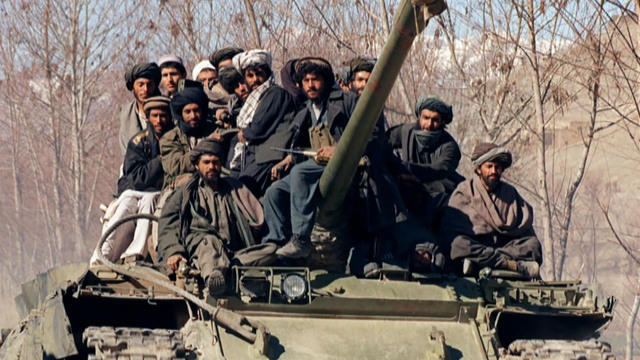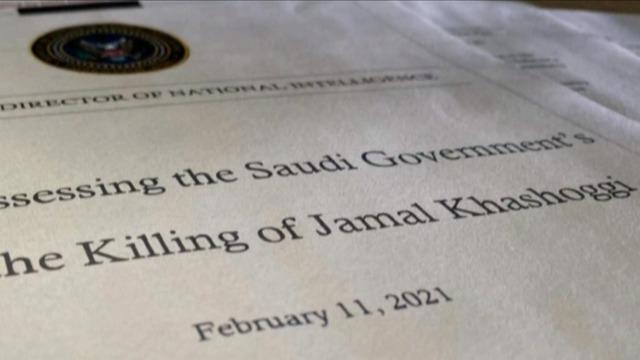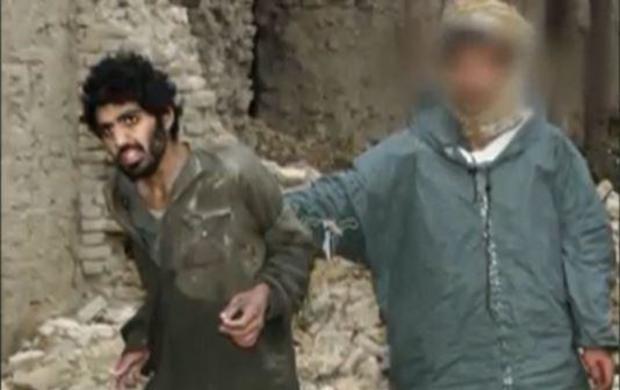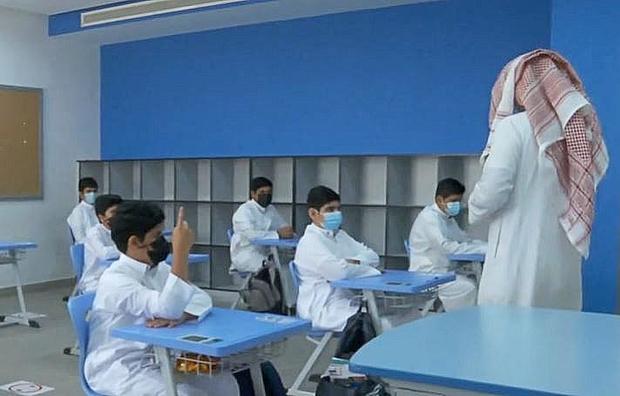Riyadh, Saudi Arabia — As the United States prepares to mark the 20th anniversary of the September 11 terror attacks, the Biden administration is reviewing Saudi Arabia’s connection to that landmark day. Fifteen of the 19 hijackers were Saudi citizens.
The Saudi government has consistently denied any involvement in the 9/11 attacks, but CBS News Holly Williams got rare access to a Saudi prison for people convicted of terrorist offenses, and some inmates told her that being brought up in an ultra-conservative Islamic kingdom contributed to their radicalization.
Saudi officials tell CBS News they’re fixing the problem, and to prove their point, the government allowed Williams to take a tour of the Al-Ha’ir prison, guided by one of its inmates.
Yaser Esam Hamdi was born a U.S. citizen to Saudi parents in Baton Rouge, Louisiana.
“I remember going to Disneyland,” he told Williams as they walked through a prison corridor. “It was very nice.”
His family moved to Saudi Arabia when he was 5, he said. Just before the 9/11 attacks, he went to train with the Taliban in Afghanistan, where he was captured by U.S. forces.
“I am a young man, a teenager going with these people. I started to have some extremist practice,” he recalled.
Hamdi renounced his U.S. citizenship and was able to return to Saudi Arabia a free man, but he was later arrested by Saudi authorities.
Saudi Arabia says it recently revolutionized the Al-Ha’ir prison — an effort to reform inmates with music, sports and even a company run by the inmates themselves, which manufactures perfume and furniture.
The prisoners in charge of the operation wore business suits during the visit by Williams and her photographer. They were filmed by other inmates, and accompanied at all times by prison officials.
Critics of the Saudi government say political prisoners have also been held at the facility. Saudi officials have denied allegations that inmates have been tortured there.
Several of the prisoners described growing up in a closed-off Islamic country where they were exposed to fundamentalism and the glorification of violence.
Asked whether he had seen and heard extremist messages growing up in Saudi schools and mosques, Hamdi replied: “Of course.”
But Saudi Arabia’s government says it’s now promoting what it calls moderate Islam. Extremist preaching has been banned. Women have been given more freedom, including the right to drive, and school textbooks, which once promoted violence against non-Muslims, have been rewritten.
Hamdi told us that he would be released in a year, and he wants to somehow reclaim his U.S. citizenship.
“I did a mistake. I was an extremist. An extremist once, but now I’m not. I love America,” he told CBS News.
Saudi Arabia has won praise for its efforts to fight terrorism and modernize its society. But it continues to be criticized for its human rights record.





































